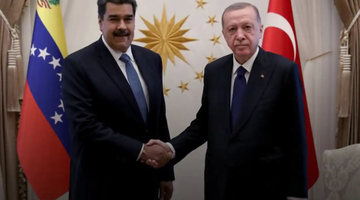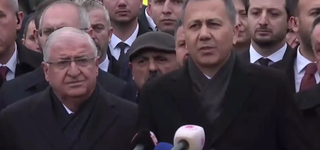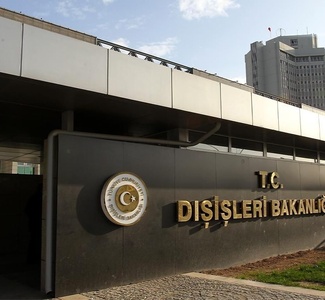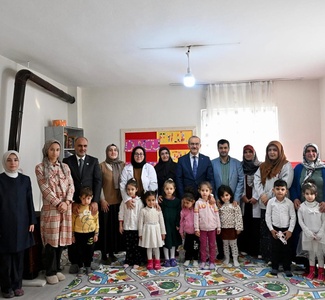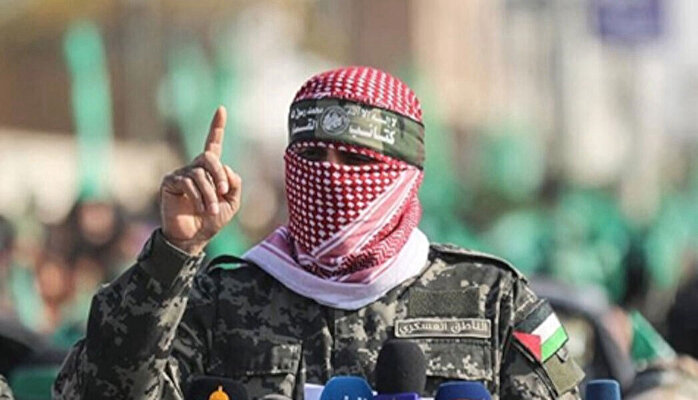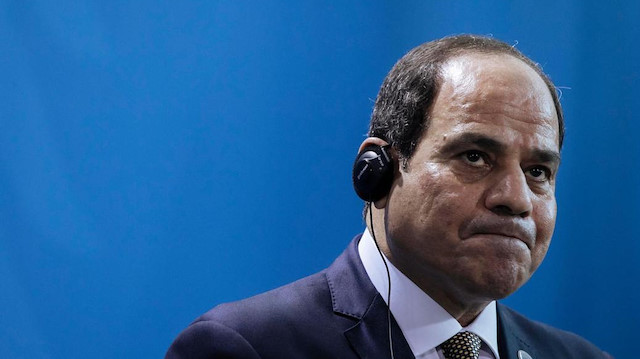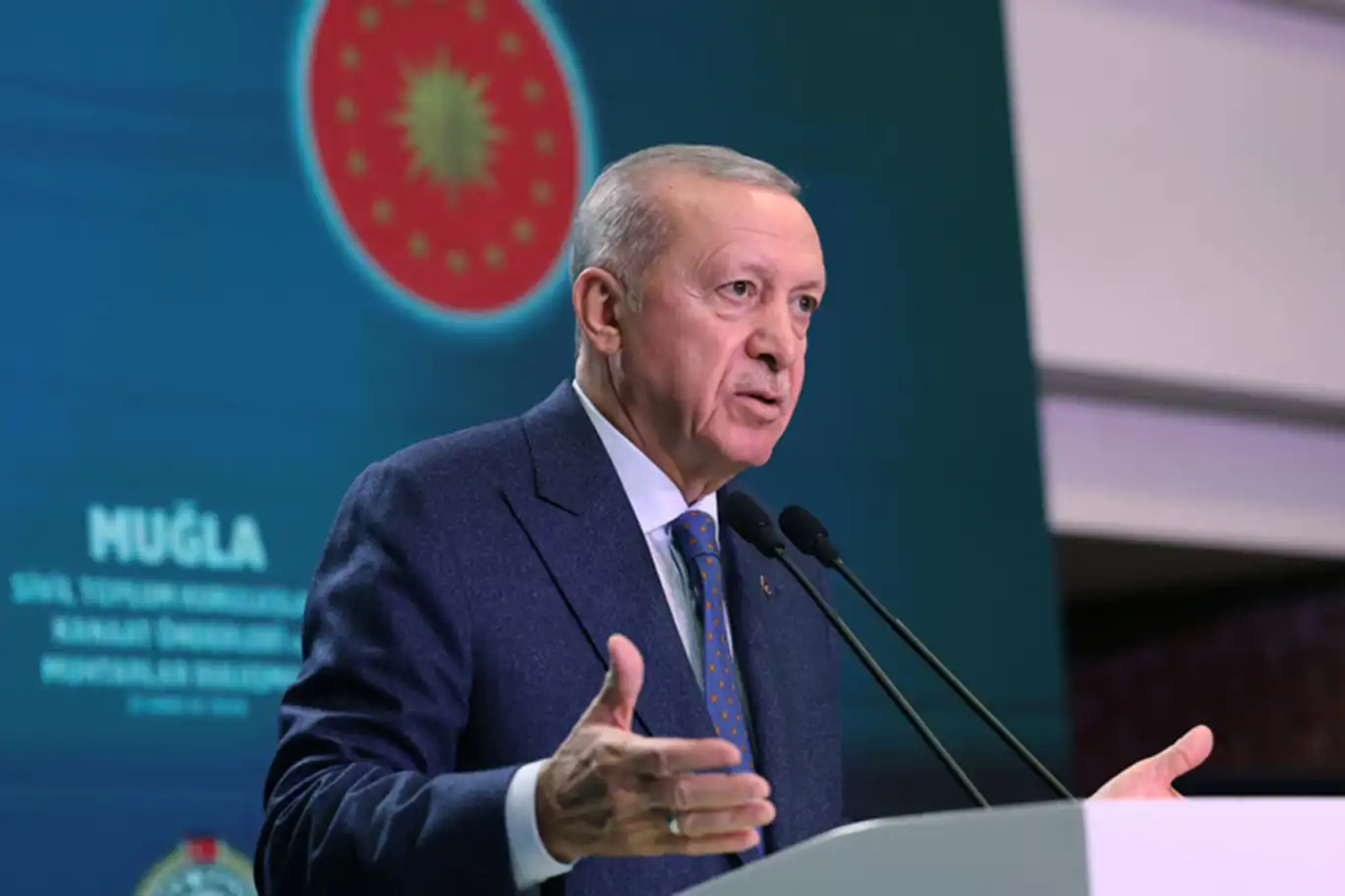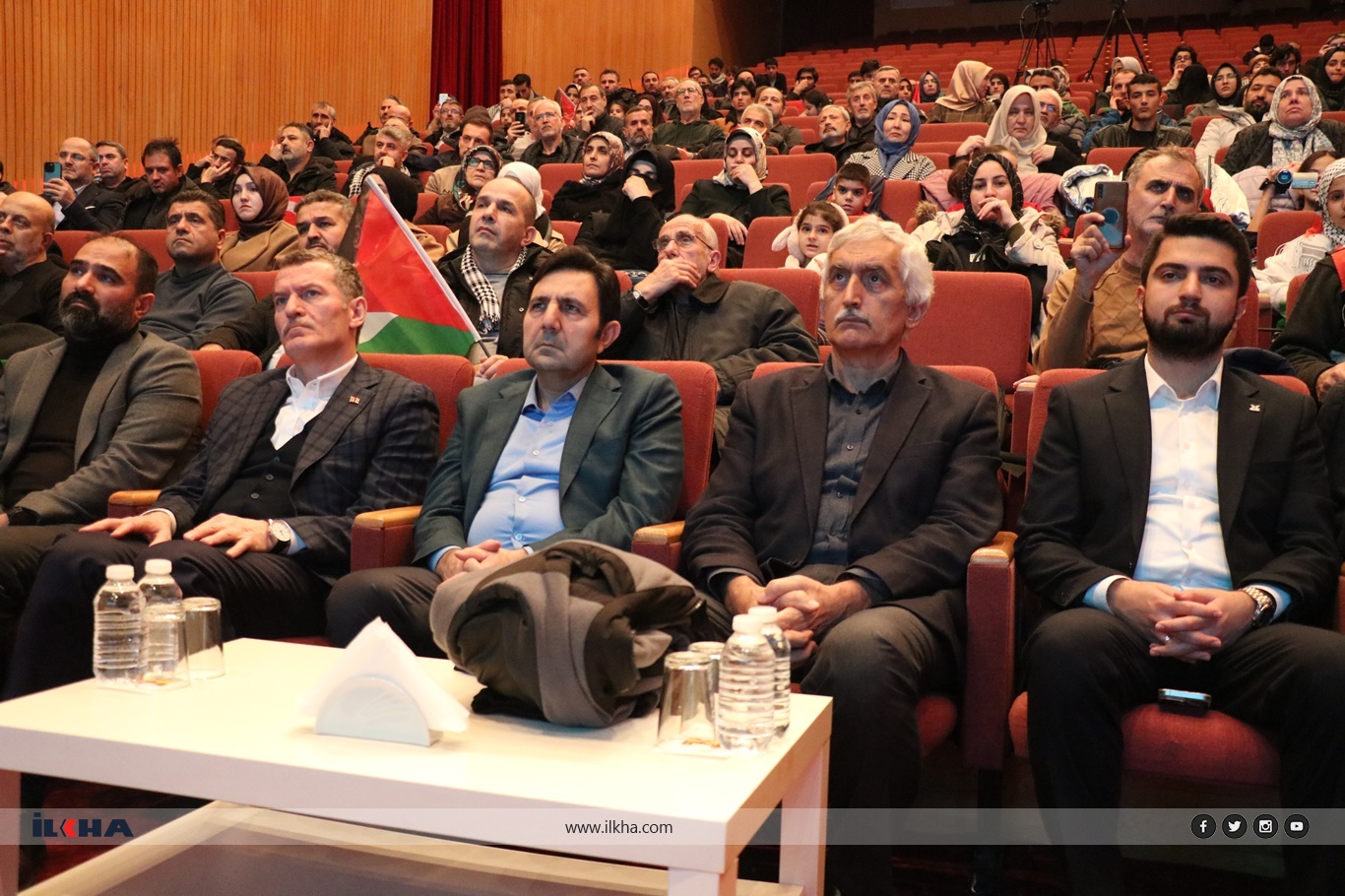Alija Izetbegović: The wise king of Bosnia
Today marks the 99th anniversary of the birth of Alija Izetbegović, the first president of independent Bosnia-Herzegovina.
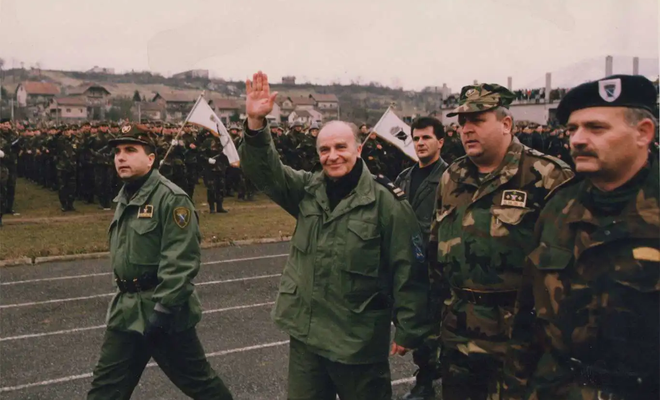
 Google News'te Doğruhaber'e abone olun.
Google News'te Doğruhaber'e abone olun. Born on August 8, 1925, in Bosanski Samac, Izetbegović is remembered as a Bosnian statesman, revered leader, and a symbol of resilience and wisdom.
Alija Izetbegović, known as the Wise King, was deeply rooted in Islamic traditions from an early age. Born into a conservative Muslim family, he began his Qur’an studies at the age of six and was dedicated to performing morning prayers in the mosque. Despite growing up in an environment hostile to Islam, where Muslims were often viewed as outsiders in Europe, Izetbegović maintained a strong connection to his faith. His upbringing instilled in him a profound sense of duty towards his religion and community.
At 16, he founded the Young Muslim Club (Mladi Muslimani), which initially served as a platform for his peers interested in Islamic subjects. The club soon evolved into an organization that led various educational and charity activities, especially during the hardships of World War II. The German invasion of Yugoslavia saw the brutal massacre of 100,000 Muslims by Serb Chetniks, a period that significantly shaped Izetbegović's views and resolve. The atrocities he witnessed and the injustices faced by his people cemented his commitment to defending the rights and dignity of Muslims.
After Yugoslavia regained independence on January 13, 1946, the Communist Party assumed control, launching a systematic campaign against Islam. Izetbegović became a primary target of communist oppression due to his prominent Islamic activities. At 24, he was sentenced to five years in prison for his religious endeavors. His imprisonment was a testament to his unwavering dedication to his beliefs and his courage in the face of adversity.
In 1970, he authored "The Islamic Declaration," a manifesto that articulated his vision for a society guided by Islamic principles. This work would later lead to his arrest in 1983 along with 12 other Muslim intellectuals. They were sentenced to 14 years in prison, accused of subversive activities linked to the Young Muslim Club founded in 1950. Despite these harsh sentences, Izetbegović's spirit remained unbroken, and he continued to inspire others with his writings and steadfastness.
Izetbegović was released in 1989 during the dissolution of Yugoslavia. The following year, he republished "The Islamic Declaration," which had by then become a symbol of political stability and resistance. His political career culminated in 1990 when he was elected president of the joint administration as Yugoslavia began its fragmentation. This period marked the beginning of his most significant contributions to the Bosnian nation.
During the Bosnian War from 1992 to 1995, Izetbegović emerged as a key figure, leading his nation through one of its most challenging periods. The war was marked by severe ethnic conflict and atrocities, including the Srebrenica massacre, which saw the killing of over 8,000 Bosnian Muslims. Despite the immense pressures, he championed the cause of Bosnian independence and the preservation of his people's identity. His leadership was characterized by his determination to secure peace and justice, even as he navigated the complexities of international diplomacy and the harsh realities of war.
In 2000, due to health issues, Izetbegović retired from the presidency and his party leadership. His health continued to decline, and on September 10, 2003, he was hospitalized after a fall that resulted in broken ribs and internal bleeding. Alija Izetbegović passed away on October 19, 2003, in Sarajevo at the age of 78.
Izetbegović is remembered for his virtues, wisdom, determination, and unwavering resistance. His legacy as the Wise King continues to inspire those who fight for justice and the preservation of their cultural and religious identity. He was a man of profound intellect, moral integrity, and unyielding resolve, qualities that earned him respect and admiration both in Bosnia and around the world.
As we commemorate the 99th anniversary of his birth, we reflect on the life and contributions of Alija Izetbegović, a leader whose impact on Bosnia-Herzegovina and the broader Muslim world remains profound and enduring. His story is a testament to the power of faith, resilience, and the enduring human spirit in the face of overwhelming odds. Through his leadership, writings, and example, Izetbegović has left an indelible mark on history, serving as a beacon of hope and a symbol of the relentless pursuit of justice and peace. (ILKHA)




























